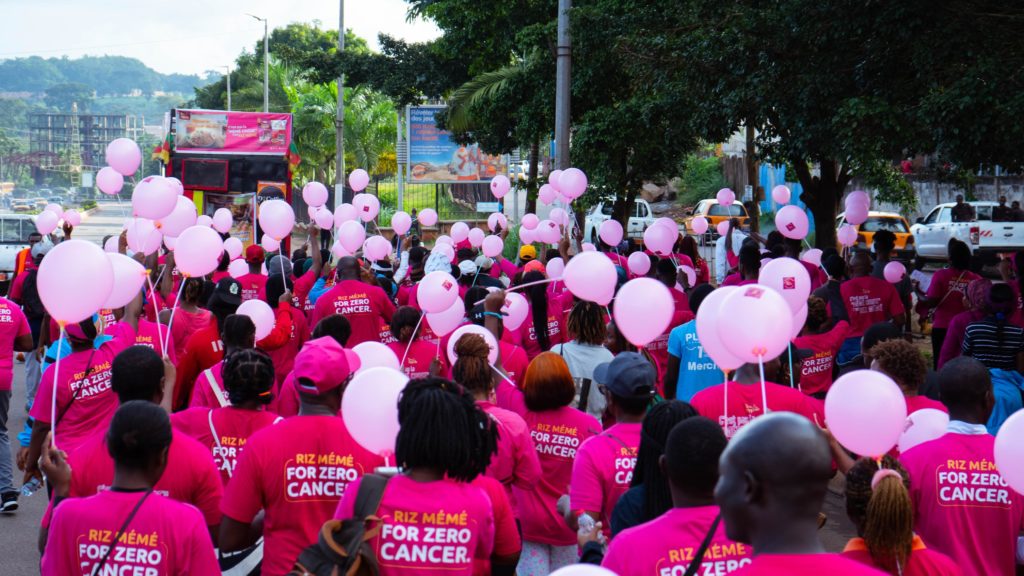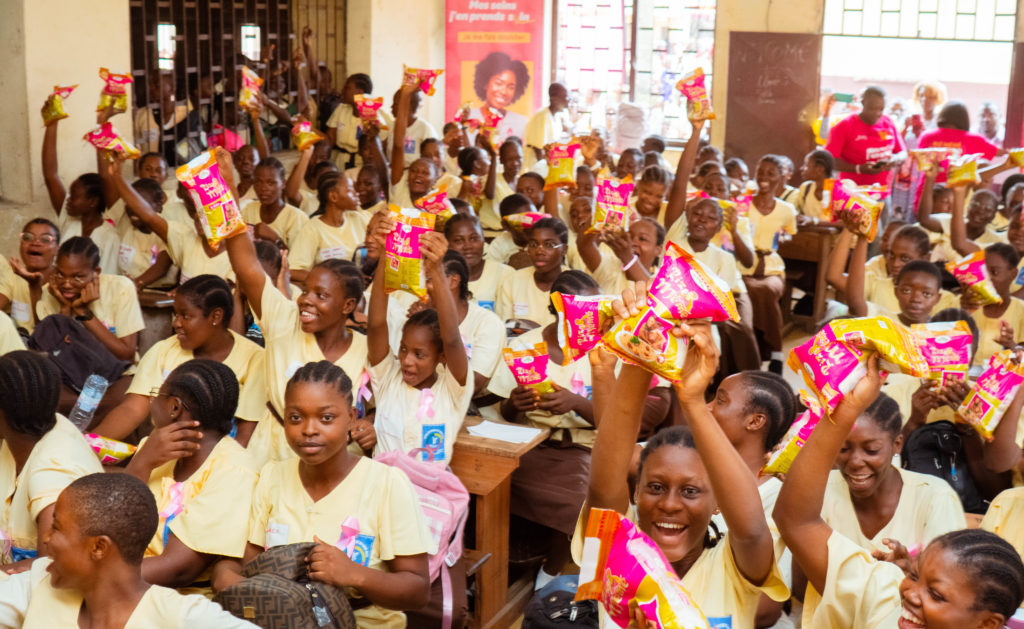
Douala, Cameroon, October 28, 2024 – Riz Mémé reaffirms its commitment to women by launching an awareness, prevention, and screening program for cancer. This initiative addresses the global cancer crisis, which significantly impacts Cameroon, where more than 20,000 cases are recorded each year according to the WHO. Breast cancer prevalence stands at 20%, followed by cervical cancer at 14%.
This year’s event, themed “I Take Care of My Breasts!”, introduced cervical cancer screening alongside breast cancer screening. The program featured educational workshops for final-year girls in public and private schools, focusing on breast self-examination techniques. Additionally, awareness campaigns targeted rural women during International Rural Women’s Day, with the participation of the Governor of the Littoral region, Samuel Dieudonné IVAHA DIBOUA, and various Regional and Departmental Delegates for the Promotion of Women and the Family. The event also included educational sessions for several women’s associations.




In total, more than 10,000 women have been educated about cancer, and nearly 650 have been screened at our Health Space set up at Carrefour supermarkets. The traditional pink walk, held in partnership with Playce Warda, saw over 350 participants united in the fight against cancer.
“One of Riz Mémé’s core values is to care for our consumers. We cannot remain passive in the face of a disease that affects thousands of women and disrupts families. Early detection of cancer significantly increases the chances of successful treatment. Therefore, we are committed to spreading information on prevention, detection, and treatment. Our goal is to continue creating meaningful stories with our consumers, enabling them to pass on the culinary heritage to future generations,” said Carole KOUASSEU, Marketing Manager at Olam Agri Cameroon.
It is important to highlight that the technical aspects of this project were executed by the Cameroon Oncology Centre in Bekoko, a sub-regional entity specializing in cancer treatment to international standards.
Remember, cancer knows no social class, ethnicity, or nationality. It’s closer to us than we think—let’s get tested!




